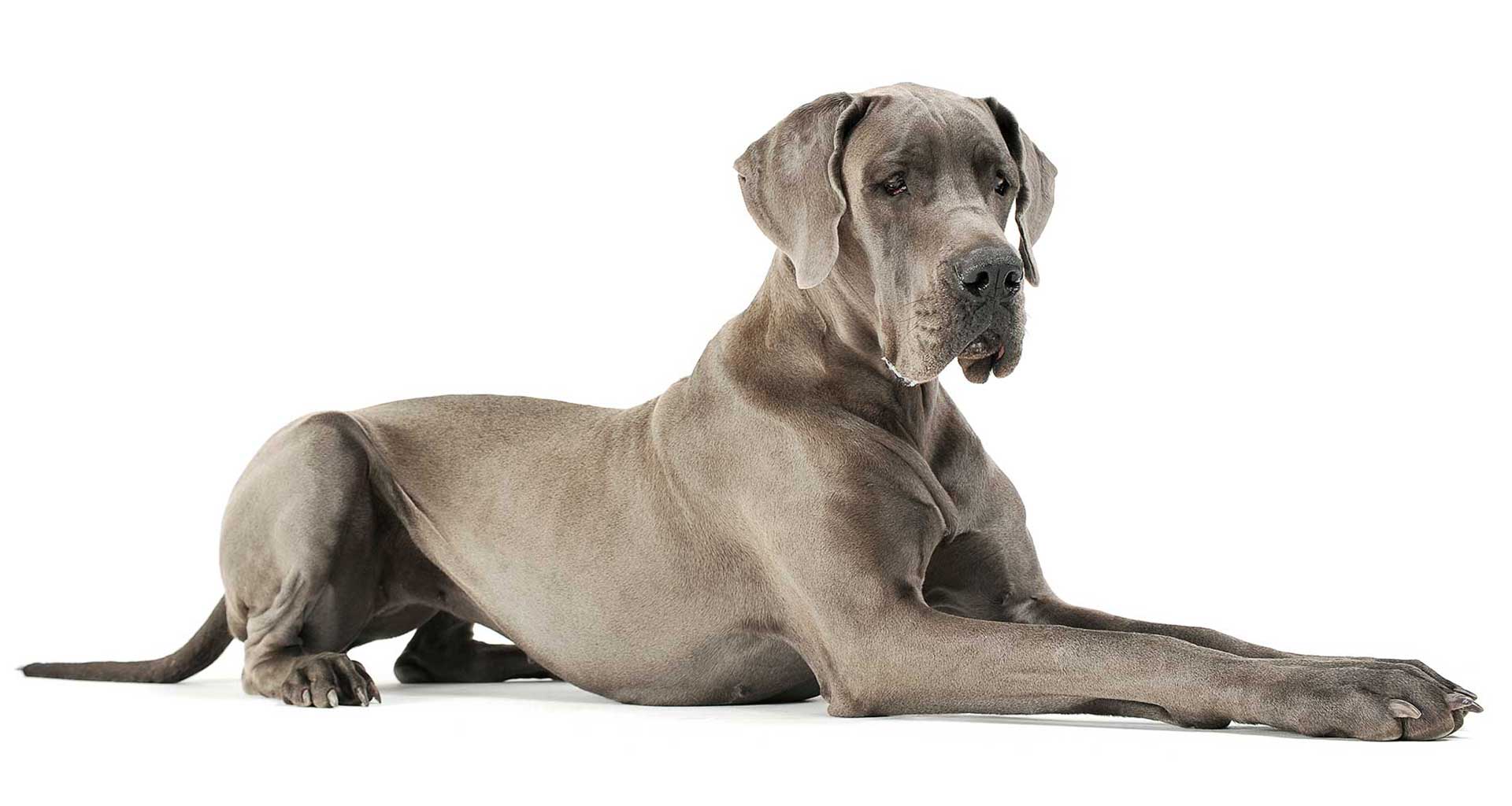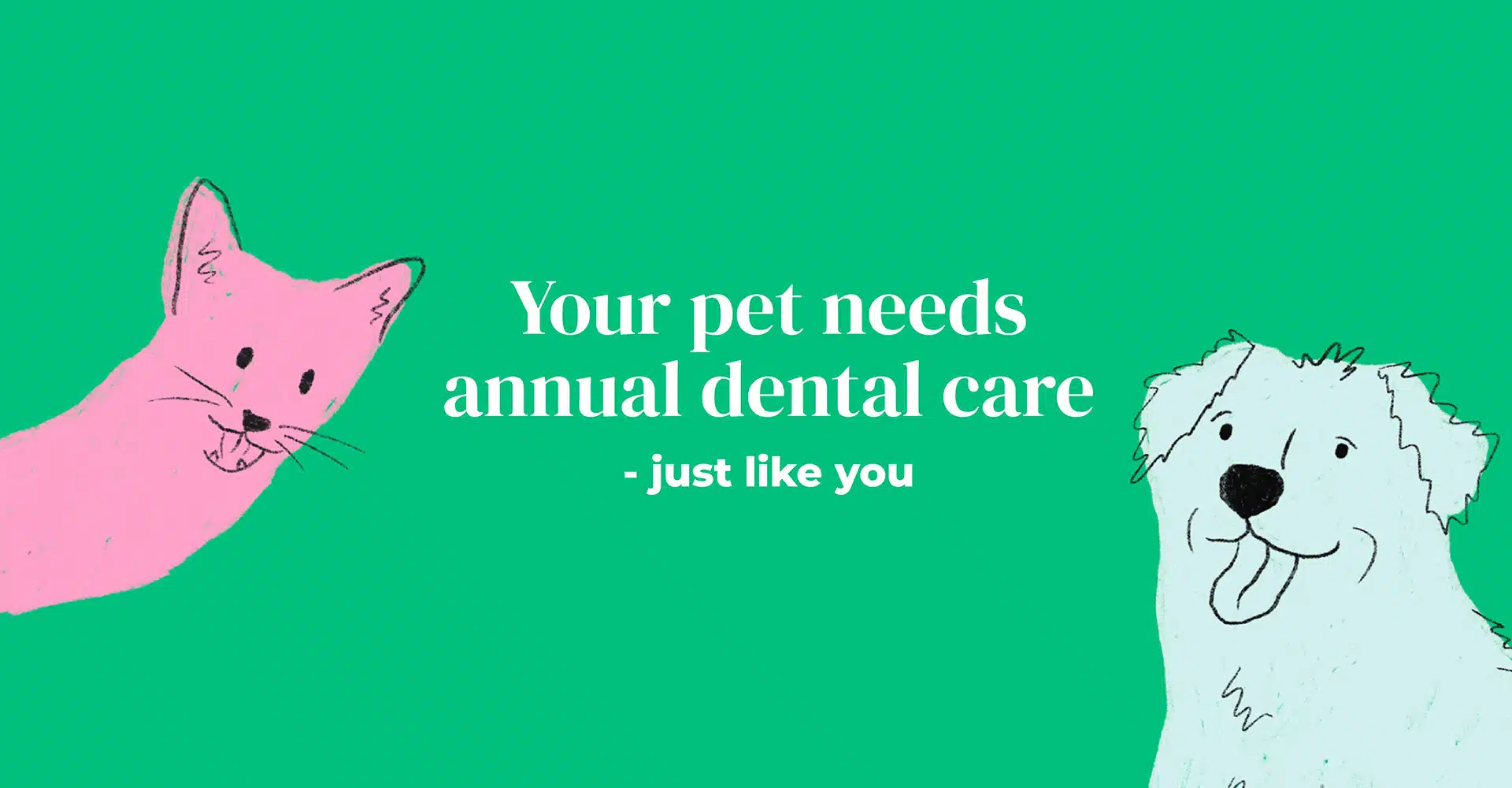Helping your furry family member to maintain a healthy weight not only improves their quality of life but significantly reduces the risk of serious conditions associated with obesity. To help you keep your pet on track, we’ve answered some common questions on weight and nutrition.
What’s a healthy weight for my pet?
Just as in humans, a healthy weight is not the same number for each pet. There are many factors that need to be taken into consideration such as breed, age, gender and overall health. The best way to determine the ideal weight for your best is to discuss with our team.
…But my pet’s always been overweight.
There are some specific factors that could make your furry family member predisposed to weight gain, and therefore maintaining a healthy weight is even more important. There are several breeds of dog that are more likely to gain weight than others, including Beagles, Pugs, Labrador Retrievers, Cocker Spaniels, Scottish Terriers and Saint Bernards. Female dogs are also more likely to gain weight, and if your dog has been de-sexed they are more likely still; the frequency of obesity in de-sexed male and female dogs can be twice that of entire dogs.
For cats, some factors which may make your cat more likely to struggle with weight gain and obesity are:
- Breed and sex
- Aged between five and 10 years old, when their activity begins to decline
- Fed very frequently and more than the recommended portion (or fed ad lib.)
How do I maintain my pet’s weight?
Rigorously maintaining good eating practices is the most effective way to maintain your pet’s healthy weight.
- Feed your pet at the same place, time and with the same bowl every time
- Don’t feed them scraps
- Don’t give in to begging
- Swap their treats for kibble taken from their daily allowance of food
- Weigh them once a month and have regular veterinary check-ups
How does being overweight or obese affect my pet?
When your pet is overweight or obese, it is increasingly likely to store the food it consumes as fat, rather than using it up. This happens because they are increasingly inactive and the energy your pet is expending is less than the energy it’s taking in. This extra fat can begin to affect the function of specific organs – such as the liver – or ‘coats’ others, like arteries. The extra weight also puts pressure on your pet’s joints, leading to arthritis and degenerative joint disease.
What are the risks if my pet is overweight or obese?
In general, obesity can reduce your pet’s quality of life and life expectancy; it’s harder for it to play and move around, and surgical procedures or check-ups become more difficult. There are some other issues that can arise from obesity.
Diabetes
Obese pets can be more at risk of diabetes. Often, the diabetes can be reversed once any extra weight is lost (particularly in cats), as the accumulated fat which is directly responsible for a failure to regulate glucose is no longer present.
Arthritis
Obesity in pets is one of the leading causes of arthritis in cats and dogs as the excess weight can put unnecessary strain on the joints – particularly in older pets.
How do I exercise my cat?
While giving your dog exercise can be as easy as taking them for a walk, the way to exercise a cat can be less obvious.
Ensure that you have regular playtime with your cat, particularly if they live indoors. Indoor cats need, on average, a third fewer calories than outdoor cats due to their lower energy expenditure, so playing with them is a good way to increase their movement and reduce the likelihood of gaining weight.
Two minutes of playtime twice a day, gradually increasing as they get more active, is an excellent start. Give them toys they can play with by themselves, or food toys which encourage them to play with an object to get a few kibbles as a reward.
Which food is best for my overweight pet?
There are many specific types of wight management food that is designed to assist in your journey to help your furry family member lose weight. It is best to consult one of our Veterinarians on the best choice of food for you and your pet.


